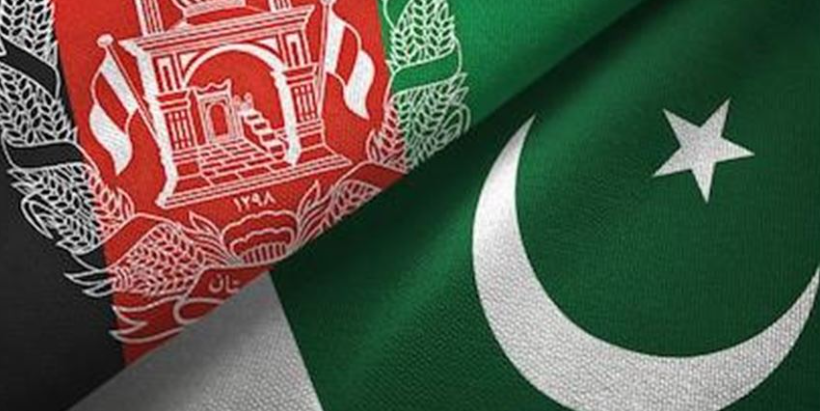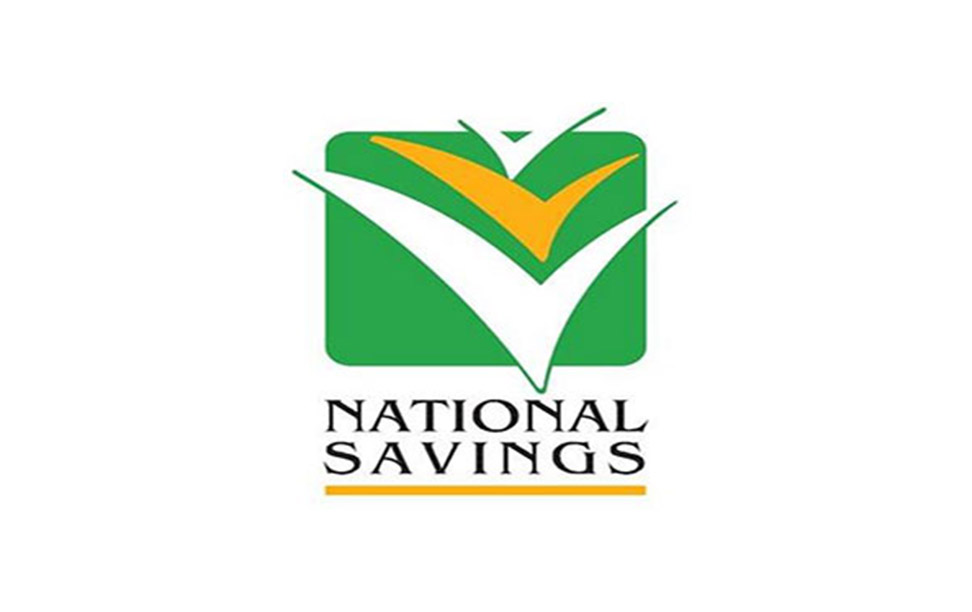Pakistan, Afghanistan resume trade talks after year-long gap

By MG News | April 18, 2025 at 12:39 PM GMT+05:00
April 18, 2025 (MLN): Pakistan and Afghanistan resumed high-level trade and investment talks, marking the end of a year-long gap.
The discussions focus on streamlining cargo movement at border stations to ensure seamless bilateral and transit trade between the two nations.
This renewal of dialogue is seen as crucial for addressing ongoing trade challenges and boosting economic cooperation, according to the press release.
The last meeting between the two countries occurred in March 2024, when Commerce Secretary Mohammad Khurrum Agha visited Kabul and met Afghan Acting Minister for Industry and Commerce Nooruddin Azizi to discuss trade and transit issues.
Afghanistan’s commerce ministry released a statement highlighting key demands from the Afghan side, including the renewal of the Afghanistan-Pakistan Transit Trade Agreement (APTTA), enhanced transit facilitation, measures to counter smuggling, and the export of Afghan coal to Pakistan.
They also proposed making the Torkham port operational 24/7, facilitating bilateral trade through the Ghulam Khan port, and creating a more efficient process for handling heavy vehicles crossing the border.
Minister Azizi, leading a high-level Afghan delegation to Pakistan, engaged in talks with Pakistan’s Commerce Minister Jam Kamal. Pakistan proposed the formation of a joint committee to hold regular sessions aimed at resolving trade-related issues.
The discussions also included the situation of Afghan refugees.
Notably, Pakistan's exports to Afghanistan surged by 84.25% in the first eight months of FY25, reaching $592.84 million, compared to $321.75m in the same period last year.
Imports from Afghanistan stood at $18.21m, up from $5.47m. However, trade was disrupted for nearly 27 days due to the temporary closure of the Torkham border.
Sugar has been Pakistan’s primary export to Afghanistan in FY25, with over 700,000 tonnes exported in the past four months.
Both ministers emphasized the importance of structured border management, focusing on improving customs coordination, reducing trade disruptions, and addressing procedural hurdles, including cargo handling, documentation, scanning, and monitoring processes.
They also discussed cooperation in sectors like agriculture, coal, carpets, and Afghan cotton exports.
The Afghan Minister expressed optimism that continued dialogue and collaboration would unlock the full potential of mutual trade.
Both sides reaffirmed their commitment to enhancing economic connectivity, with hopes that upcoming technical-level meetings would offer practical solutions to overcome existing bottlenecks and facilitate smoother trade flows.
Copyright Mettis Link News
Related News
| Name | Price/Vol | %Chg/NChg |
|---|---|---|
| KSE100 | 131,949.07 198.95M |
0.97% 1262.41 |
| ALLSHR | 82,069.26 730.83M |
0.94% 764.01 |
| KSE30 | 40,387.76 80.88M |
1.11% 442.31 |
| KMI30 | 191,376.82 77.76M |
0.36% 678.77 |
| KMIALLSHR | 55,193.97 350.11M |
0.22% 119.82 |
| BKTi | 35,828.25 28.42M |
3.64% 1259.85 |
| OGTi | 28,446.34 6.84M |
-1.02% -293.01 |
| Symbol | Bid/Ask | High/Low |
|---|
| Name | Last | High/Low | Chg/%Chg |
|---|---|---|---|
| BITCOIN FUTURES | 108,125.00 | 110,525.00 107,865.00 |
-2290.00 -2.07% |
| BRENT CRUDE | 68.51 | 68.89 67.75 |
-0.29 -0.42% |
| RICHARDS BAY COAL MONTHLY | 97.50 | 0.00 0.00 |
0.75 0.78% |
| ROTTERDAM COAL MONTHLY | 106.00 | 106.00 105.85 |
-2.20 -2.03% |
| USD RBD PALM OLEIN | 998.50 | 998.50 998.50 |
0.00 0.00% |
| CRUDE OIL - WTI | 66.50 | 67.18 66.04 |
-0.50 -0.75% |
| SUGAR #11 WORLD | 16.37 | 16.40 15.44 |
0.79 5.07% |
Chart of the Day
Latest News
Top 5 things to watch in this week
Pakistan Stock Movers
| Name | Last | Chg/%Chg |
|---|
| Name | Last | Chg/%Chg |
|---|




 Central Government Debt
Central Government Debt
 CPI
CPI